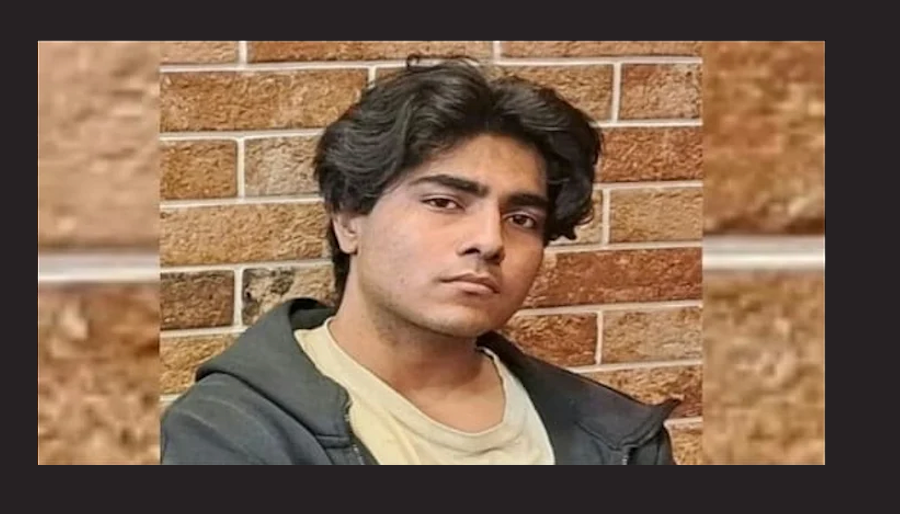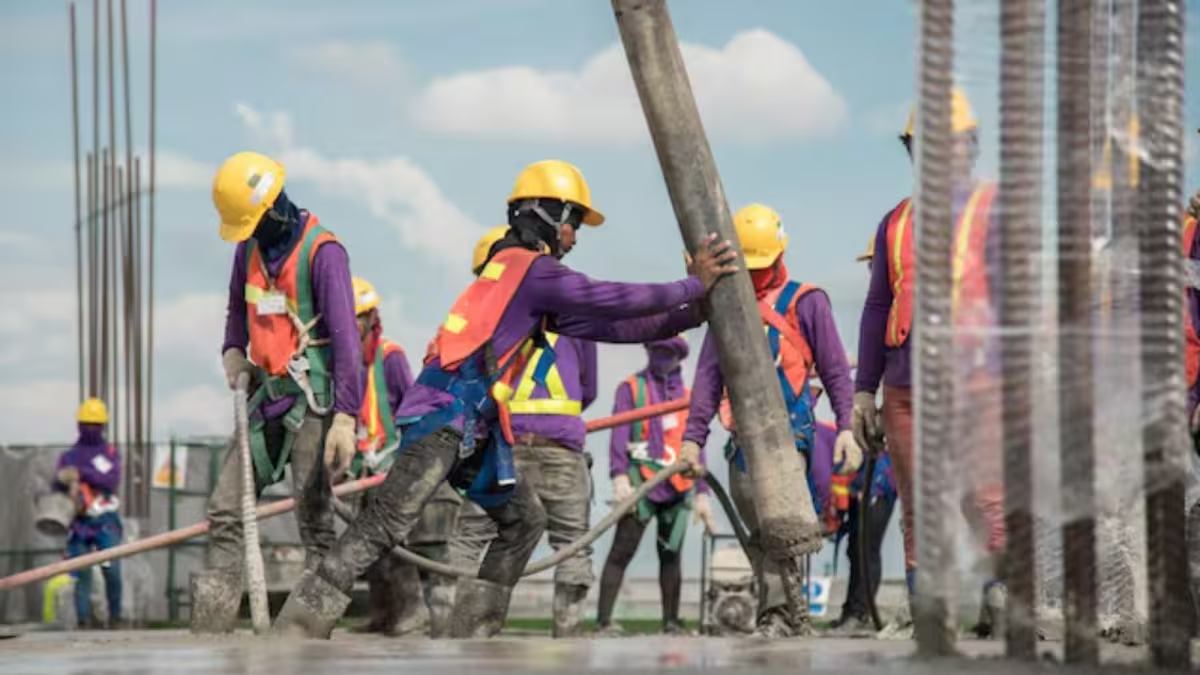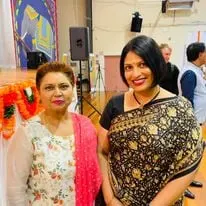Adopting a child from India involves a collaborative effort between CARA, Indian Diplomatic Missions, adoption agencies, and prospective adoptive parent
Adopting a child is a profound and life-changing decision. For those considering adopting a child from India, understanding the process is crucial. The Central Adoption Resource Authority (CARA), a statutory body under the Ministry of Women & Child Development, Government of India, plays a pivotal role in regulating and monitoring both in-country and inter-country adoptions. It is important to understand the inter-country adoption process in India and the role played by CARA for those who have any plans for adoption in future.
CARA’s Role:
CARA serves as the Central Authority for inter-country adoptions in accordance with The Hague Convention on Inter-Country Adoption, 1993. This convention, ratified by the Government of India in 2003, establishes international standards to ensure the protection of children and their best interests in inter-country adoptions.
Adoption of Orphan, Abandoned, and Surrendered Children:
CARA primarily oversees the adoption of orphan, abandoned, and surrendered children through its associated and recognized adoption agencies. These agencies work towards providing loving and permanent homes for children in need.
THE ROLE OF INDIAN DIPLOMATIC MISSIONS:
Indian Diplomatic Missions play a crucial role in facilitating inter-country adoptions. Here are key responsibilities they undertake:
Safeguarding Children’s Welfare:
Liaise with central or public authorities to ensure the well-being of children of Indian origin adopted by Non-Resident Indian, Overseas Citizen of India, or foreign parents.
Monitor and prevent neglect, maltreatment, exploitation, or abuse.
Communication with Foreign Adoption Agencies:
Interact with authorized foreign adoption agencies and Central Authorities within their jurisdiction.
Organize or participate in gatherings of adopted children and their parents to foster a sense of community and support.
Authorization of Foreign Adoption Agencies:
Recommend proposals for the authorization of foreign adoption agencies, enabling them to sponsor applications for the adoption of Indian children.
Visa Issuance:
Issue visas to foreign prospective adoptive parents who wish to meet a child in person at a Specialized Adoption Agency in India before finalizing the adoption.
Facilitate attendance at court proceedings and the subsequent reception of the child.
Empanelment of Social Workers:
Empanel and authorize social workers to complete adoption application formalities, including the Home Study Report, in foreign countries where there is no Authorized Foreign Adoption Agency or government department for adoption.
Registration and Follow-Up:
Register adoption applications of Non-Resident Indian Prospective Adoptive Parents or Overseas Citizen of India in the Child Adoption Resource Information and Guidance System.
Upload post-adoption follow-up reports as per regulations.
Progress Reporting:
Send quarterly progress reports in the first year and semi-annual reports in the second year from the child’s arrival in the receiving country.
In case of adoption disruption, take necessary actions as specified in Adoption Regulations, 2017.
Contact with Receiving Countries:
Contact the Central Authority or other relevant authorities in receiving countries to ensure ongoing safeguards for adopted children of Indian origin.
Report promptly in case of adoption disruption.
Adopting a child from India involves a collaborative effort between CARA, Indian Diplomatic Missions, adoption agencies, and prospective adoptive parents. Understanding the process, regulations, and the roles of different entities is essential for a smooth and ethical adoption experience. Aspiring adoptive parents are encouraged to engage with authorized agencies, stay informed about regulations, and work closely with Indian Diplomatic Missions for a successful and fulfilling adoption journey.
Source: Legal facts obtained from Indian Embassy Doha website.
************************************************************************
Readers








